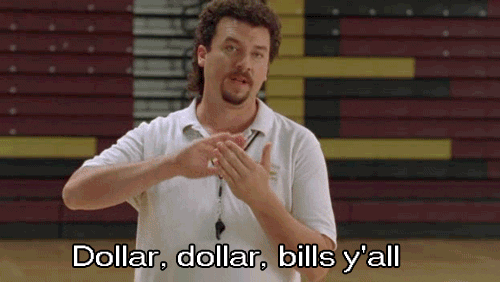Photo: Tina Floersch
When I realized I was queer, one of the first questions I asked myself was where I fit within the dichotomy of butch and femme. There are actually entire quizzes online dedicated to helping you figure out where you fit within the community, and what you’re supposed to wear, how you’re supposed to carry yourself, and who you’re supposed to date as a result. Within the queer community — and in the straight world — we spend a lot of time talking about what it means to be butch, and what it means to be femme.
Why? Because this dichotomy influences lots in the LGBT community, from who is expected to date who and what dynamics are assumed to exist within your relationship.
It gets confusing.
But as initiatives like the Butch/Femme Photo Project highlight, there is one simple truth about these identities: it totally, completely, depends on the individual.
What is femme to one femme isn’t femme to another, and the same goes for butch-identifying women. It’s cool if you identify as butch, and cool if you identify as femme. It’s cool if you don’t identify as either, and it’s cool if you identify as a hard femme, or a soft butch. Long story short? Identity is fluid, and it’s okay if how you feel and who you are changes over time — you’re still valid, and no random gatekeeper gets to kick you out of the community.
The thing about identity is that we label to validate ourselves, and to form bonds with others like us, but at the end of the day, there really aren’t strict definitions and rules you have to follow to belong on any part of the spectrum. Just like there’s no such thing as not looking gay enough, there’s no such thing as not being butch enough, or not being femme enough.
It’s important to realize that just because the dichotomy of one part of a couple being butch, and another being femme is common within the LGBT community, it’s not necessarily “easier” to be femme or butch. A lot of times butch and femme women are accused of playing into the gender binary, and we see the ever-common confusion from straight people — and even a number of queer folks — regarding why a femme woman would date a butch woman instead of “just dating a man.”
Not only is it extremely transphobic to act like all women have vaginas, but asking why lesbians don't date men just makes about zero sense.
There are loads of misconceptions surrounding women who date women, whether you identify as butch/femme or not. Many people assume that they know everything about a couple’s relationship based on how they present. They think the more masculine woman dominates, while the more feminine woman takes a stereotypically, traditionally feminine role, being docile and powerless. But this isn’t always the case. A part of the empowerment aspect of being butch or femme comes from subverting the norms, so even when people say things like “oh, well they’re mimicking heterosexuality, so that’s bad,” they simply aren’t, because they’re women. End stop.
Too, femme women are often shitted on because our society doesn’t value femininity. They’re told that they’re disempowering themselves and playing into patriarchy. But think about it — a femme queer woman existing and not doing so for a man’s consumption is revolutionary.
Thank you, Janet Mock.
What matters at the end of the day, though, is that you are who you are, whether or not that shifts, and whether or not people understand your identity. What empowers one person may not empower another person, and that’s okay; two identities can exist at the same time and not cancel each other out. You can be empowered by femininity while someone else isn’t. You can be empowered by gender while someone else isn’t. We don’t have to demonize entire concepts and then demonize the people who are these concepts. Instead, we can figure out what does and doesn’t work for us as individuals.
Identity is a personal thing, and only you — not straight people, not other queer people, not the vague horrible thing known as "society" — can decide what gender and sexuality means to you. Whatever you decide is valid. Whatever you decide is the truth.


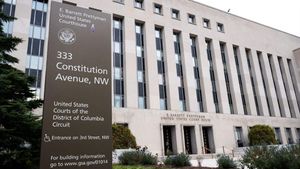

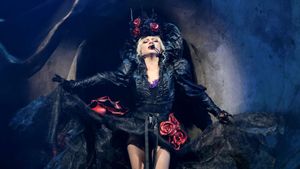

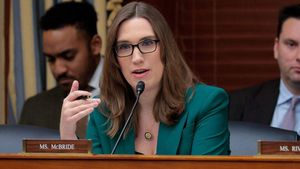
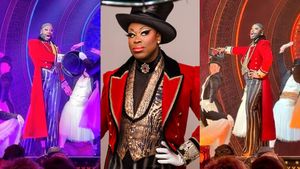



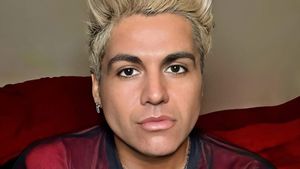

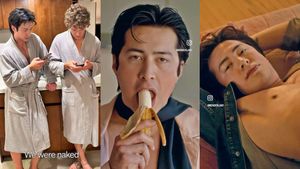
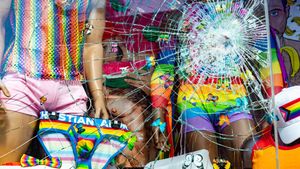
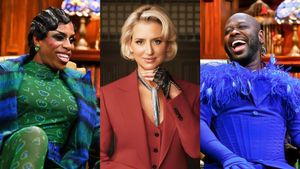

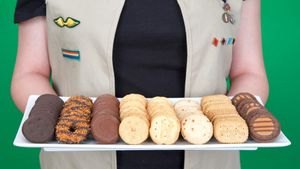


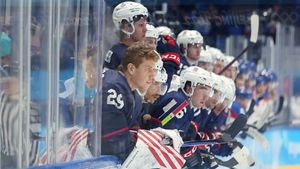






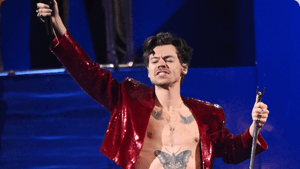



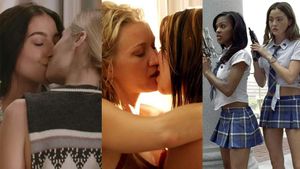



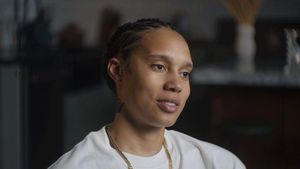






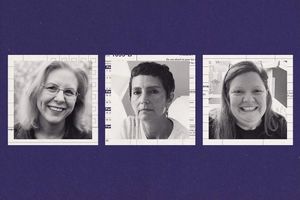


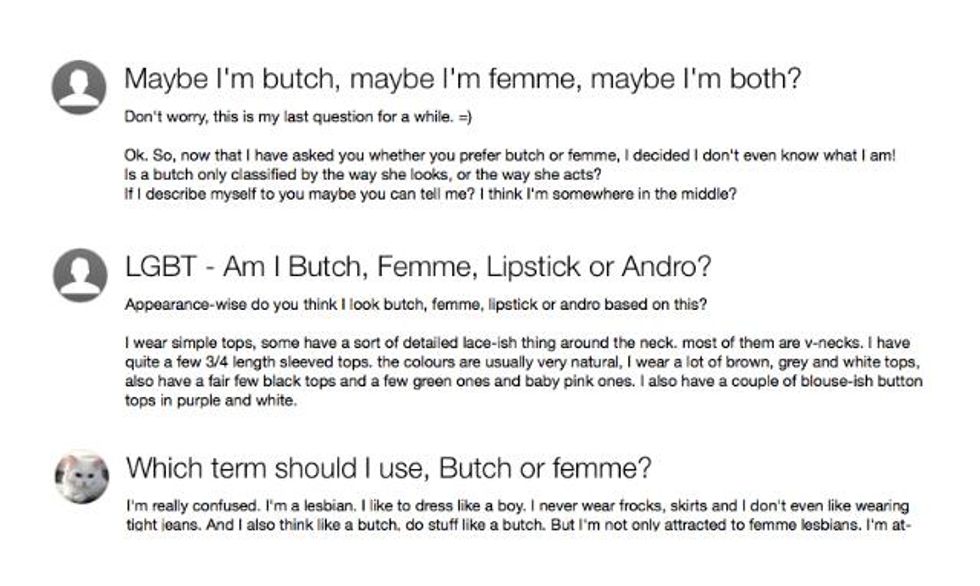
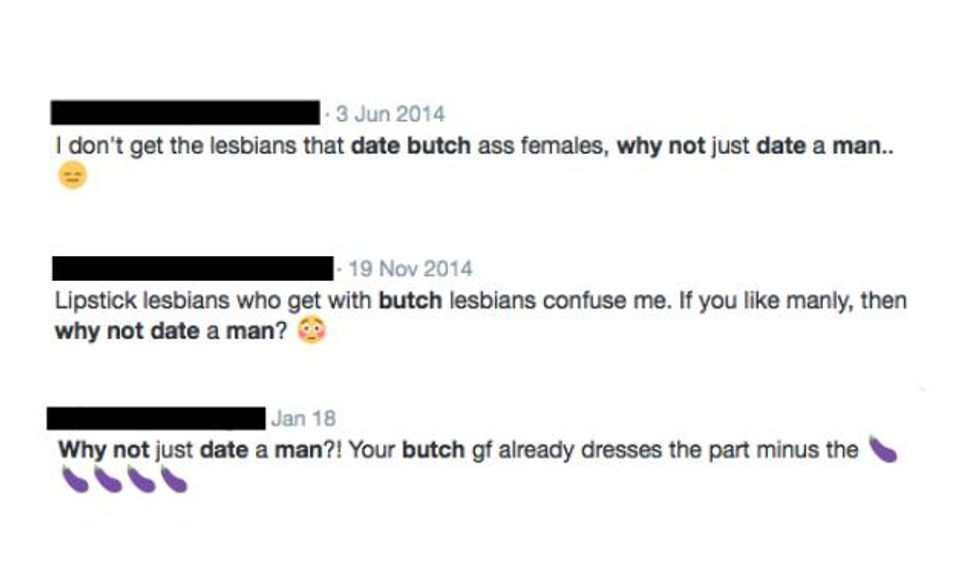

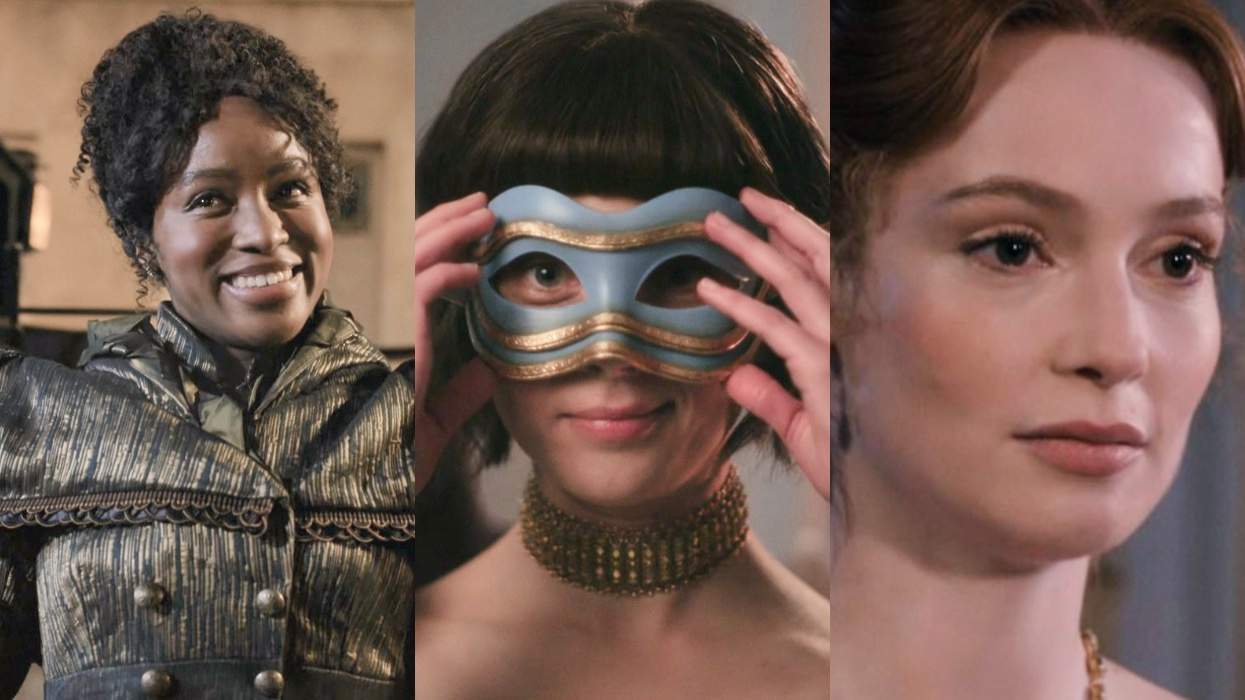
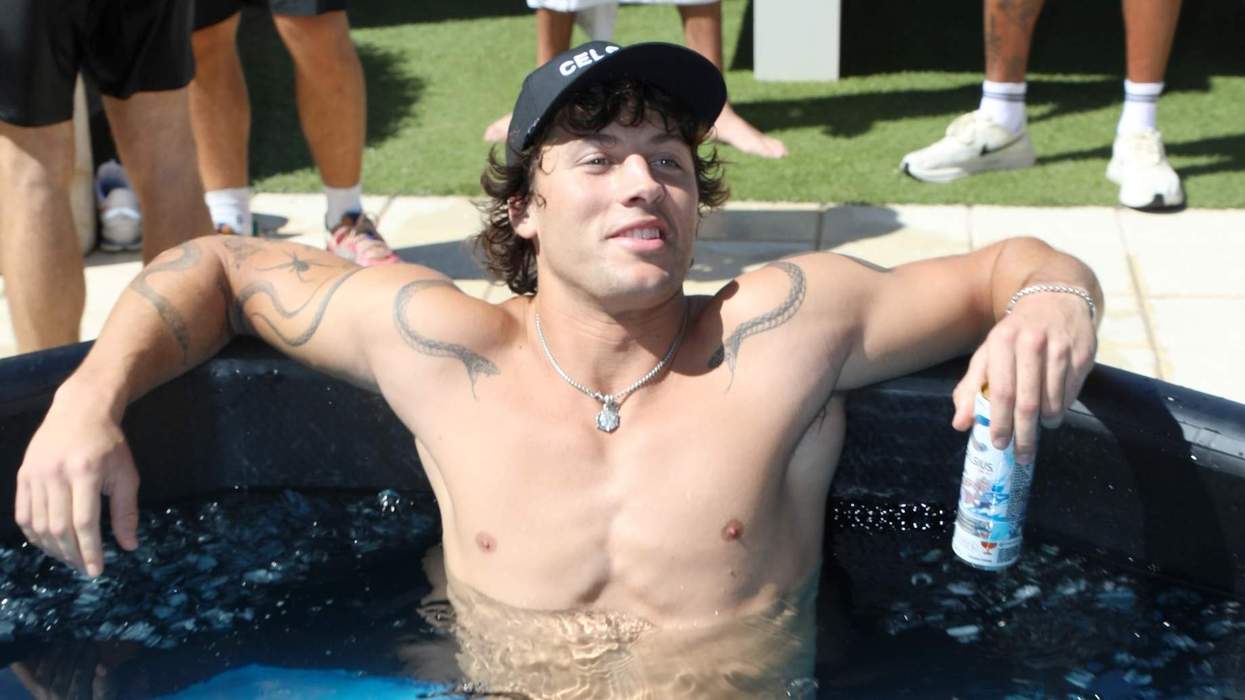
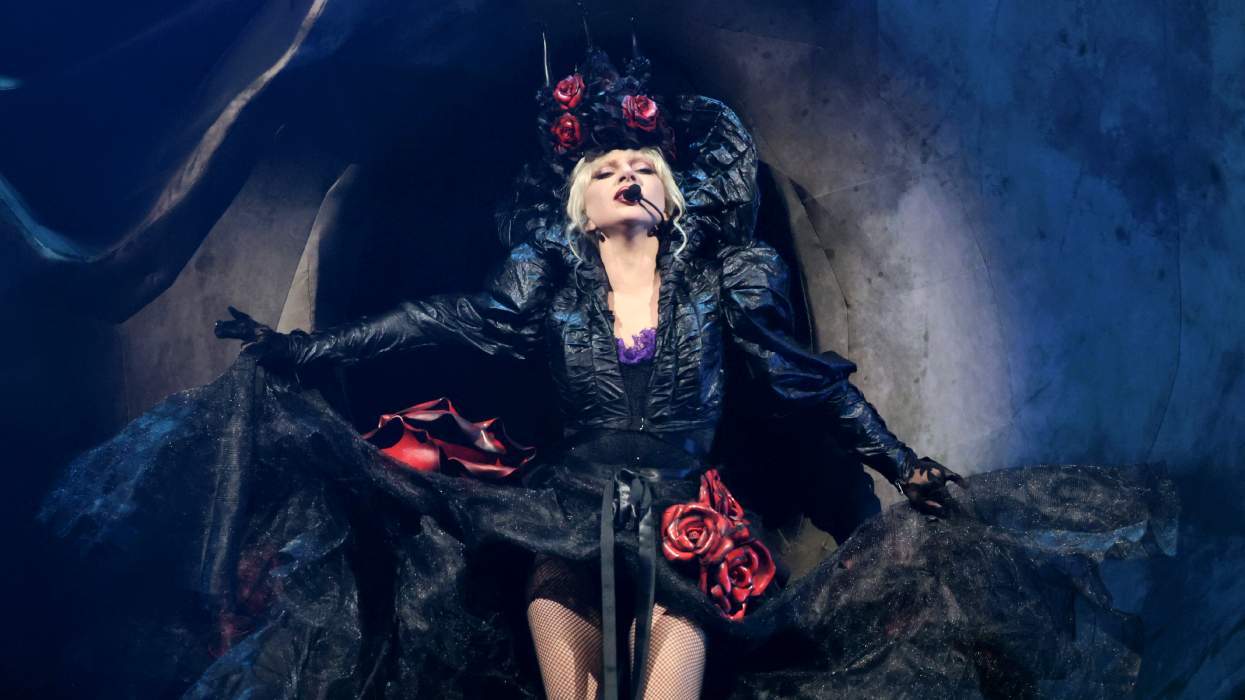





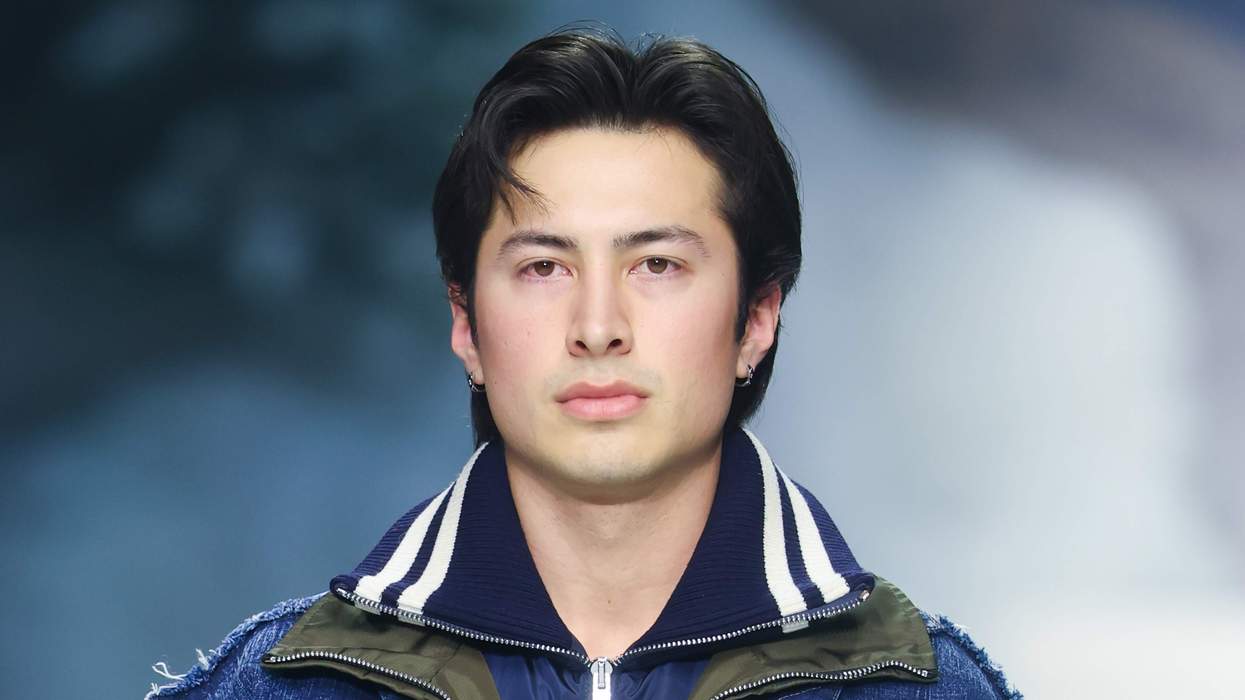




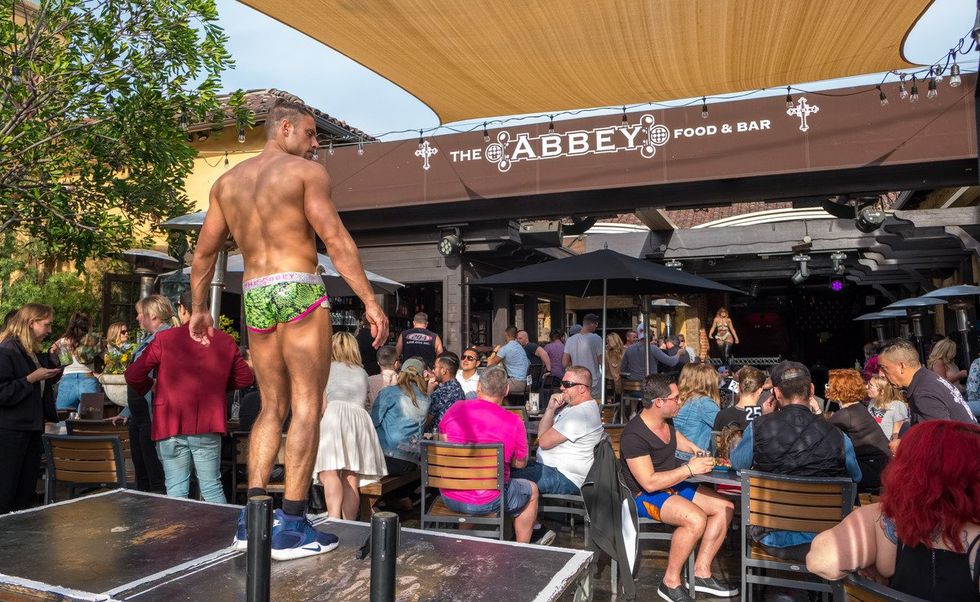
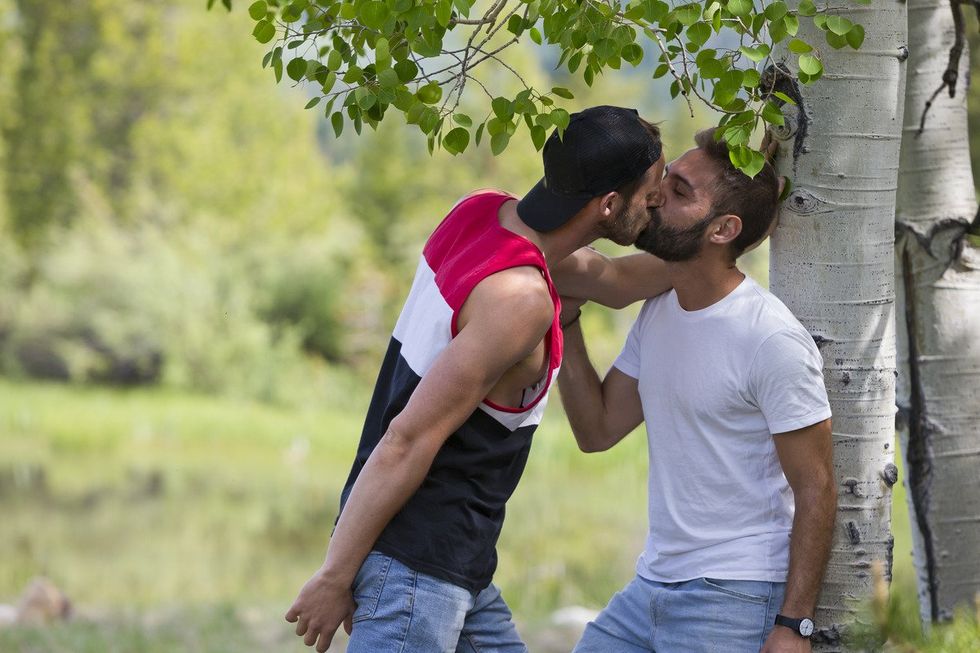


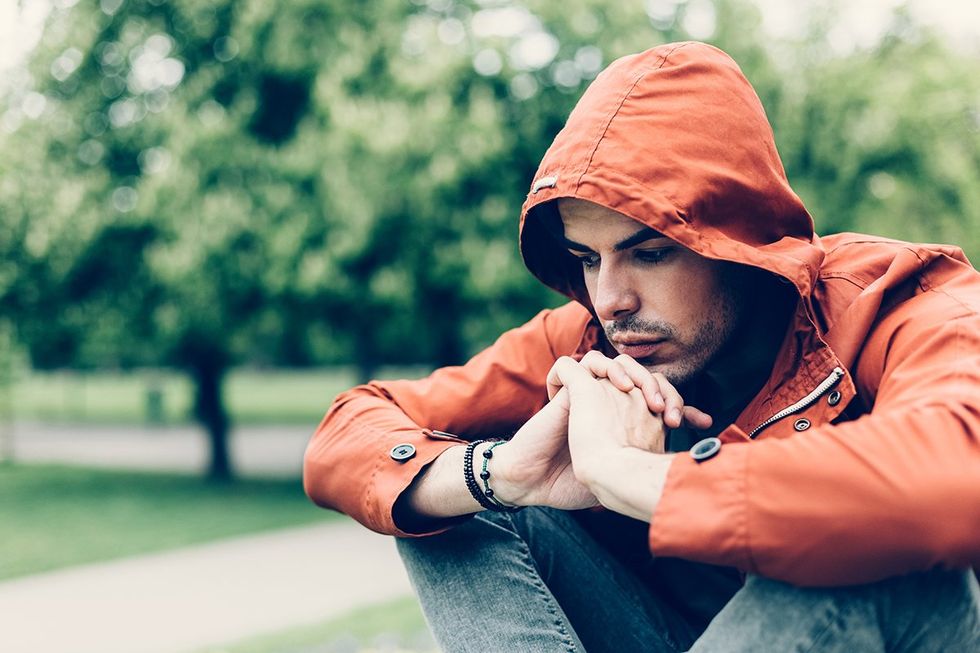

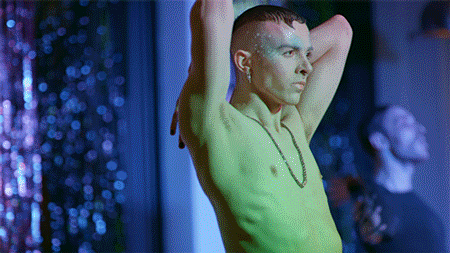 Strike A Pose Mic Drop GIF by FILMRISE - Find & Share on GIPHY
Strike A Pose Mic Drop GIF by FILMRISE - Find & Share on GIPHY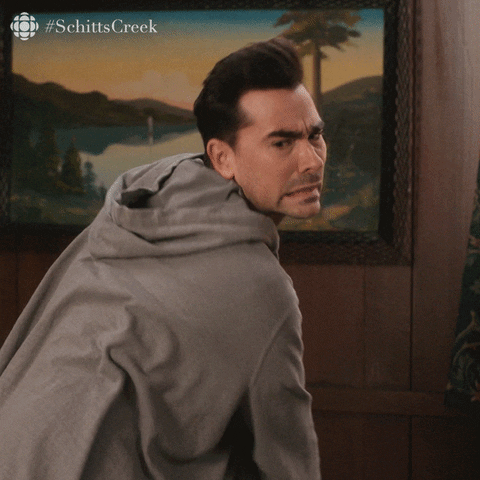 Schitts Creek No GIF by CBC - Find & Share on GIPHY
Schitts Creek No GIF by CBC - Find & Share on GIPHY